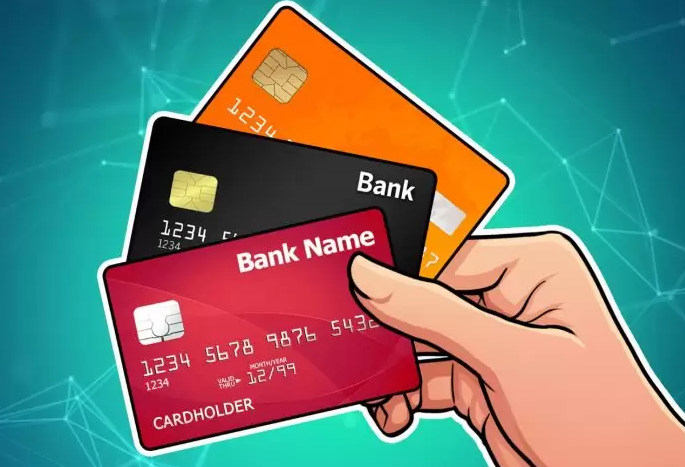It is not as simple as filling out an application and receiving approval for a credit card. Credit card firms employ criteria to assess each credit card applicant. Before applying for a credit card, it is a good idea to learn how to qualify for one. You can then estimate your chances of approval and forgo a credit check if you’re more likely to be denied.
01 Confirm that you are of legal credit card age.
The legal minimum age for obtaining a credit card on your own is 18. However, if you are under the age of 21, you must have a stable source of income before being approved for a credit card. You might also apply for a joint credit card with someone else.

You are not required by law to work full-time in order to receive a credit card. Your annual earnings from part-time university employment may be disclosed on your credit card application. The credit card provider will consider you for a credit card if it is adequate to pay off a credit card balance.
02 Earn your own money.
You must have your own source of income to be eligible for a credit card. As of October 1, 2011, credit card providers were no longer permitted to assess household income for credit card applications. The restriction was later changed to allow applicants 21 and older to use their partners’ income if they have “reasonable access” to it, such as deposits into a shared account or frequent transfers from the wage earner’s account to the card applicant’s account.
According to the new rule, you cannot include your or your parents’ income on a credit card application unless you are applying for a joint credit card or they provide you with money or pay your bills on a monthly basis.
You can pay for your credit card transactions if you have a continuous source of income. You must not only have your own source of income, but your monthly income must be sufficient to meet the credit amount requested.
03 Have a good credit history.
A good credit history will help you get a credit card. The higher your credit score, the better your chances of approval. Some credit card providers will only accept applicants with excellent credit. Others will consider your application if your past-due payments are less than two years ago.
A poor credit history with a certain credit card company may prevent you from getting authorized by that company. If you had a charge-off on a previous American Express credit card, for example, you may be refused for a new Amex credit card.
If you don’t have great credit, don’t worry; there are credit cards that accept applicants with bad credit.
04 I’m not in a lot of debt.
Credit card firms will examine your other credit card balances and debts before approving your application. If your credit use is too high, you may be denied. The amount of debt considered excessive varies depending on the credit card provider and credit card. Maintain a credit card debt that is less than 30% of your credit limit.

A credit card firm may analyze your debt to your income based on your other debt payments to see whether you can handle another credit card obligation. A high debt-to-income ratio suggests that you are unable to repay another credit card load.
05 Get a co-signer.
If you are unable to obtain a credit card on your own due to age, insufficient income, or poor credit, you can have a friend or family member co-sign your application. The co-signer must meet the credit card’s requirements in order for both of you to be authorized.
Understand that when you ask someone to co-sign for you on a credit card, that individual is taking a risk. If you fail to pay the debt, the co-signer will be held responsible for the amount as well as any credit damage created by late payments on the account.
06 Save money aside for a security deposit.
Individuals with bad credit or new credit who are unable to obtain a traditional credit card may find that a secured credit card is a better option. You must make a security deposit against your credit limit before you can be authorized for a secured credit card. If you have made on-time payments for around a year, you may be qualified for an unsecured credit card, presuming no other bad information has been added to your credit report.
A $300 security deposit is accepted by several secured credit card providers. If you don’t have that much money, try putting aside $50 to $100 per month until you have enough for a good security deposit.